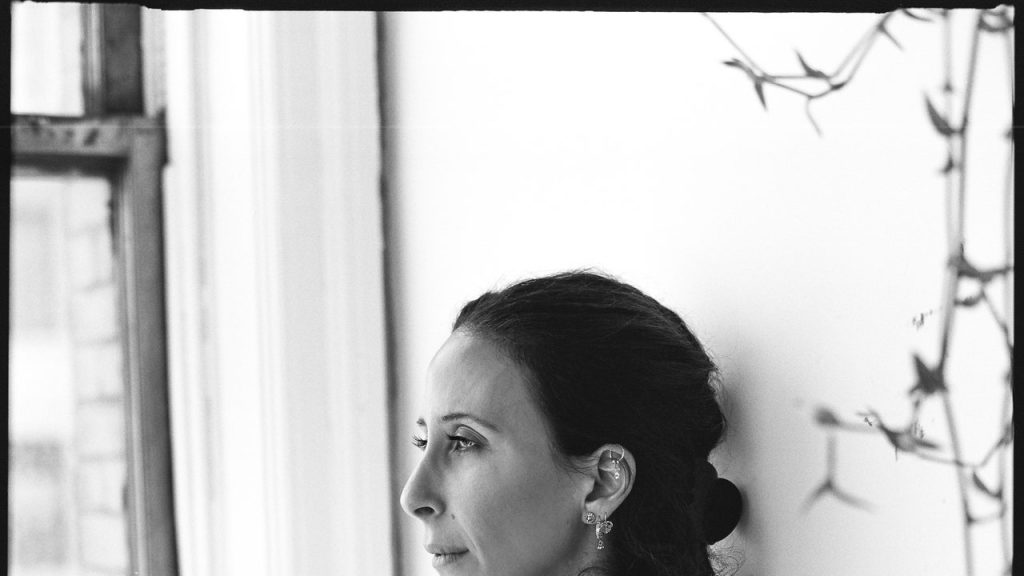Mara Hoffman, a sustainable fashion designer, has made the difficult decision to close her brand in the face of challenges within the clothing industry. While she believes that sustainable fashion can still thrive, she hopes that her closure serves as a wake-up call to the industry. Hoffman recognizes the disappointment that her customers and supporters may feel but emphasizes the need for more support systems for brands like hers that prioritize sustainability. She highlights the conflict between the need for growth in business and maintaining ethical principles, pointing out the unsustainable nature of having to fulfill larger orders and hold more inventory.
Hoffman also speaks to the issue of excess in the fashion industry, noting that people are often hesitant to let go of things, resulting in a surplus of clothing and goods. She emphasizes the importance of knowing when enough is enough and being able to end things when necessary. Recognizing that closure is sometimes necessary in order to create space for new beginnings and growth, Hoffman conveys her belief that ending her brand is the right decision, even if it is difficult. She plans to share the news of the brand’s closure with a letter to her customers, collaborators, and team, expressing gratitude for the opportunity to lead by example and promote sustainable practices in fashion.
Despite closing her brand, Hoffman remains committed to sustainability in fashion and sees this as a goodbye to the current industry system rather than giving up on her principles. She acknowledges the beauty and impact of her work with thousands of women, helping them to embrace their true selves and feel empowered. While she may not have a clear plan for what comes next, she celebrates the journey she has been on and encourages others to continue the work of creating positive change in the fashion industry. Hoffman’s decision to close her brand serves as a reflection of the challenges faced by sustainable fashion designers within a system that often prioritizes growth and profit over ethical practices.
In the face of her brand’s closure, Hoffman remains optimistic about the potential for change in the fashion industry and believes that sustainable fashion can still thrive. She encourages others to join her in creating new systems that are more loving, Earth-centered, and kinder. By choosing to end her brand in order to stay true to her values, Hoffman sets an example for others in the industry to prioritize sustainability over profit and to make decisions that align with their ethical beliefs. Her decision to close her brand is a reminder of the need for continued efforts to promote sustainable practices and create a more responsible and ethical fashion industry for the future.


